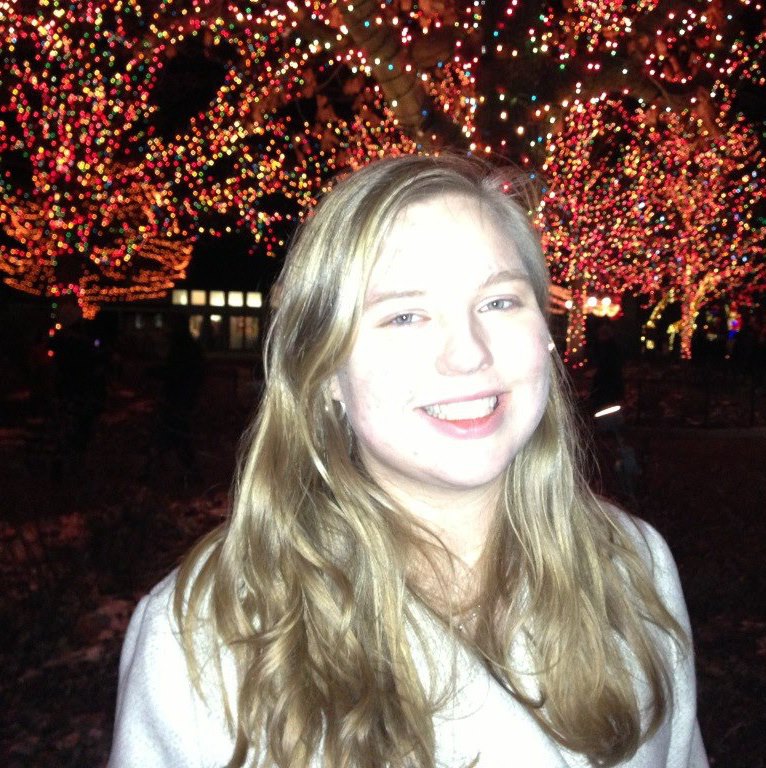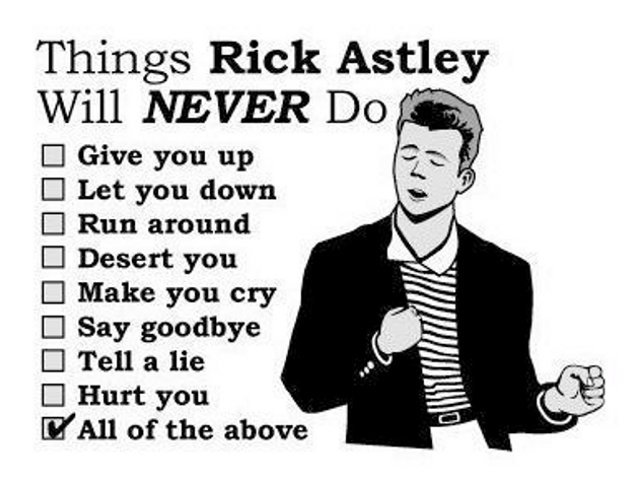Hello Scripps! I hope everyone had a wonderful Thanksgiving with family and friends and are ready to take on the last bit of the semester. After that, it’s a month of relaxation and rest. I was able to celebrate thanksgiving with my flatmates and a few other friends who live down the hall.

 In the spirit of thanksgiving, I’ve been reflecting on the things that I’m thankful for in regards to my education and the opportunities that a place like Scripps has to offer. As I’ve mentioned in some of my earlier posts, I have worked in a research lab at Keck since the spring of my first year and have had multiple opportunities to present my research and experience what life is like in a full blown lab. I have also mentioned my hesitation in attending graduate school after I am done at Scripps and have had some wonderful conversations with friends that have really helped make it more clear what I want to do, while simultaneously making me more uncertain and stressed about my future (quite like Schmidt in this scene).
In the spirit of thanksgiving, I’ve been reflecting on the things that I’m thankful for in regards to my education and the opportunities that a place like Scripps has to offer. As I’ve mentioned in some of my earlier posts, I have worked in a research lab at Keck since the spring of my first year and have had multiple opportunities to present my research and experience what life is like in a full blown lab. I have also mentioned my hesitation in attending graduate school after I am done at Scripps and have had some wonderful conversations with friends that have really helped make it more clear what I want to do, while simultaneously making me more uncertain and stressed about my future (quite like Schmidt in this scene). I have a friend from home who is working towards his Masters degree in Dublin and we arranged to meet for breakfast one weekend, as it has been years since we’ve really had the chance to catch up. He attended Oregon State University and was a double major in chemistry and biology. He did not go to graduate school for either subject and has since spent his time working at companies where policy making and science overlap. I was very excited to get the chance to probe him about his own experiences in deciding not to attend graduate school and where that has taken him after college. Similar to me, he mentioned that he knew he didn’t want to attend graduate school after his undergraduate education and felt overwhelmed by the seemingly low number of options he might have for a career.
I have a friend from home who is working towards his Masters degree in Dublin and we arranged to meet for breakfast one weekend, as it has been years since we’ve really had the chance to catch up. He attended Oregon State University and was a double major in chemistry and biology. He did not go to graduate school for either subject and has since spent his time working at companies where policy making and science overlap. I was very excited to get the chance to probe him about his own experiences in deciding not to attend graduate school and where that has taken him after college. Similar to me, he mentioned that he knew he didn’t want to attend graduate school after his undergraduate education and felt overwhelmed by the seemingly low number of options he might have for a career.
It was very nice to hear about the experiences he has had since graduating and the ways in which he knew if a job was a good fit for him. The one thing he said that really stuck with me was actually a piece of advice his professor gave him when he was trying to decide whether he should go to graduate school. She told him that, because he didn’t want to go to graduate school or medical school, his path was going to be more difficult to figure out. She was not saying that his path was going to be easier per se, but in terms of figuring out the necessary steps to take, it would be a challenge, which honestly made me feel like Michael Cera below.

As she noted, and as I have noticed through my research on graduate programs and medical school, the paths are relatively straight forward. If you want to be a doctor, you get an undergraduate degree, take the MCAT, apply to medical school, do your residency, and are a doctor. For graduate school, you get your undergraduate degree, take the GRE, and then apply to different programs. Although these steps are very rigorous, time consuming, and academically challenging, there is a sense of security in knowing that your path to get there is clear. 
For me, I feel pretty lost in what I am going to do after I graduate from Scripps, especially when I am asked what I hope to do with a chemistry major and an English minor. I hope that with exposure to more interdisciplinary fields and the work that I will need to do for my thesis, I will find more of what I’m passionate about. As I’ve mentioned in previous posts, it’s all right to not be sure of your future and can even help you be more open to new opportunities when they arise.
Best of luck in these last few weeks! I’m rooting for you all from Dublin!





